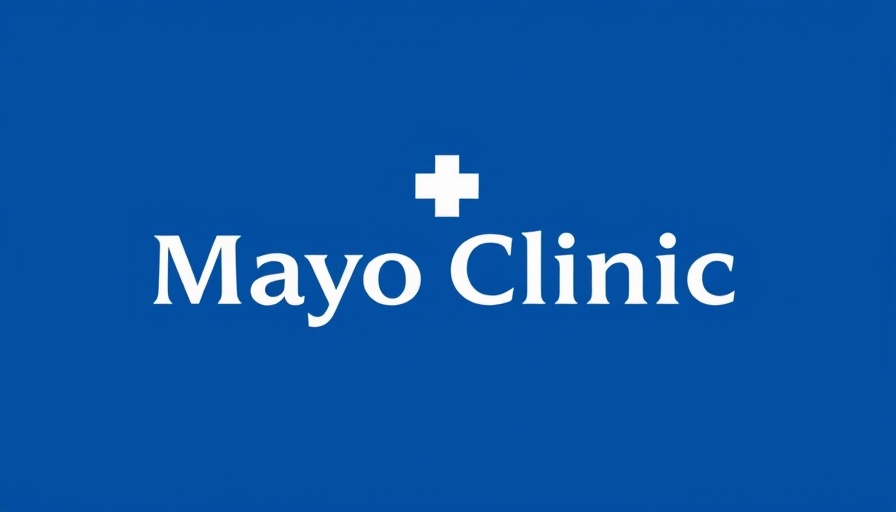
What is Prostate Cancer Screening?
Prostate cancer screening aims to detect prostate cancer early when treatment may be more effective. The screening involves a blood test called the prostate-specific antigen (PSA) test. This test measures the level of PSA in the blood, where higher levels could indicate the possibility of prostate cancer. However, elevated PSA levels can also result from non-cancerous conditions, making it critical to understand both the potentials and limitations of this screening method.
Considerations for Concierge Practices
As concierge medical practice owners dedicated to comprehensive patient care, raising awareness about prostate cancer screening can enhance your practice's value. It's essential to communicate the benefits and risks of such screenings clearly to your patients. By doing so, you not only empower them to make informed health decisions but also solidify your practice's reputation as a leader in patient-centered care. Employing empathetic communication, as advocated by healthcare expert Linda Nguyen, can help in nurturing a trusting doctor-patient relationship.
Historical Context and Background of Prostate Cancer Screening
The PSA test has been available since the late 1980s and has significantly influenced the rate of prostate cancer diagnoses. Initially, it was hailed as a breakthrough in identifying cancer early; however, debates ensued regarding its efficacy and potential over-diagnosis. Reflecting on its historical trajectory helps in understanding today's cautious stance, advising that screenings are beneficial primarily for high-risk individuals.
Unique Benefits of Knowing This Information
For practice owners aiming to grow their patient base and ensure top-notch care, understanding prostate cancer screening is advantageous. By staying informed, you can better guide your patients through shared decision-making, addressing their concerns and preferences profoundly. This knowledge not only enhances your professional competence but also fortifies patient trust and satisfaction within your practice.
Future Considerations and Trends
Advancements in medical technology and research are continuously evolving the landscape of cancer screening. Keeping abreast of these changes can position your practice as pioneering in offering cutting-edge care. It's crucial to monitor ongoing research and potentially integrate emerging diagnostic methods that may offer more precise results, thereby reducing unnecessary interventions and enhancing patient outcomes.
 Add Row
Add Row  Add
Add 






Write A Comment